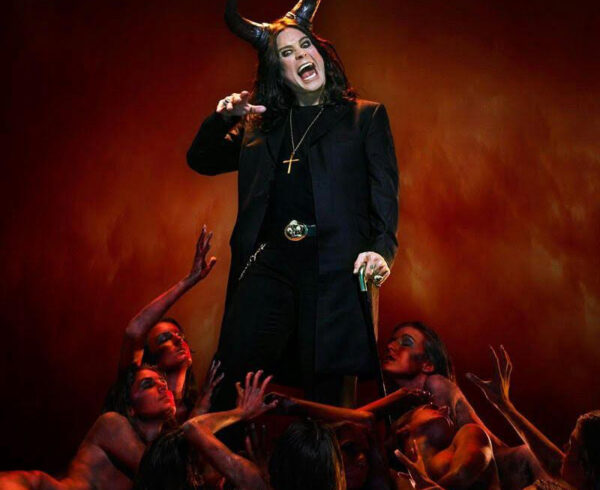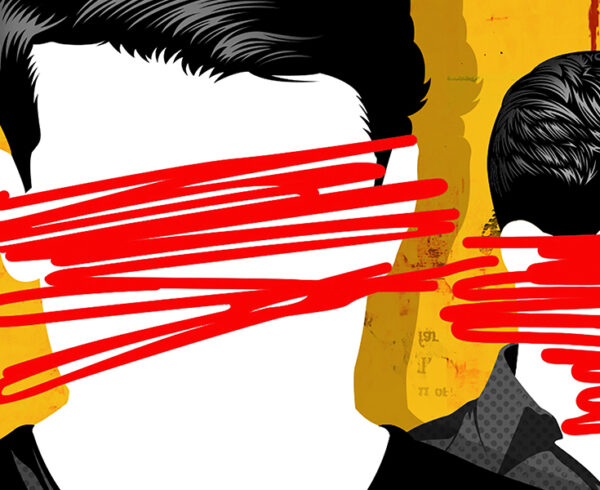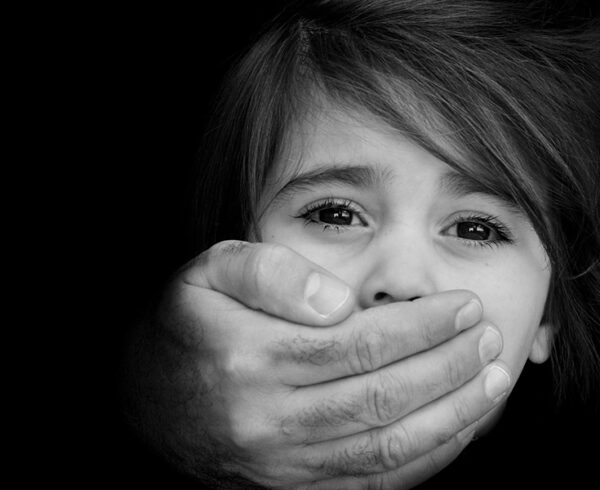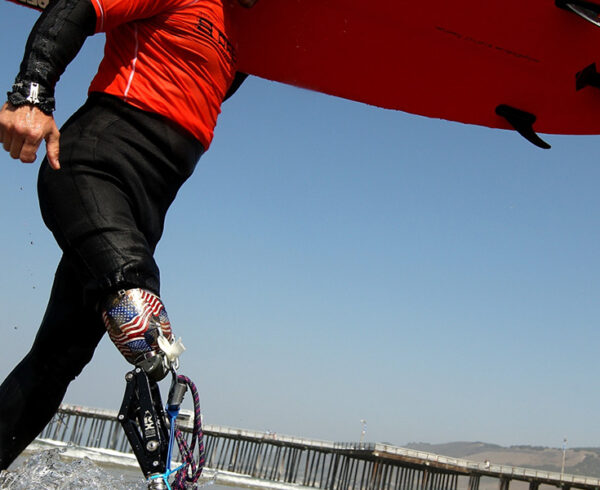COVID-19 has changed many industries across the board. Whole companies have migrated to separate home offices, and artists – especially performers – have had to find ways to engage fans when live shows had to be cancelled.
Enter the meteoric rise of Zoom. The video conferencing platform seemed like a saving grace for entertainers. Zoom gave musicians a way to pow wow with their fans in a way that perhaps many have never experienced. They’ve been able to have rap sessions with hundreds or even thousands of fans in an intimate fashion. Suddenly, we could see a musician in their living room, dog endearingly in the background, playing our favorite hits with an acoustic set. Jam sessions commonly turn into live Q and A’s and have fostered a feeling of friendship between fans and artists.
But all those positive aspects have been dulled by video conferencing burn-out. Outside of those online shows, musicians and music industry workers (like most of America’s workforce right now) have had to rely on Zoom for all their marketing meetings, collaboration sessions, and everything in between. The music industry is more than those charming living room shindigs; there’s an organizational and creative force behind it that takes hours of meetings.
BBR Music Group vp of marketing JoJamie Hahr told Billboard that sometimes she has up to 11 Zoom conferences a day.
“I was feeling more physically tired, when all I did was sit at a table all day on my computer,” She told the brand.
From this phenomenon a new phrase was coined: Zoom fatigue. Google searches for the phrase have risen steadily since March, and now it’s becoming a well-known moniker for the crushing weariness one feels after hours in front of their computer.
But why, if we aren’t really doing more work than we were pre-covid, does it make us so much more tired? Harvard Business Review gives some insight. First, the conditions of our home make a big difference. Many people did not have a dedicated office space before the pandemic. This has resulted in haphazard, thrown together spaces that sometimes reside in the middle of our dining rooms or even bedrooms. Some of us have pets, children, or spouses also working from home. All these distractions force us to try and hyperfocus on our conference call, which drains us of our mental energy.
It’s also about how we appear on camera. To look like we are paying attention, we look straight into the camera, sometimes for long periods of time. But we don’t really do that in real life, do we? In a conference room we can recline back, look around the room, and be more relaxed overall. To engage in a way that seems polite, we expend a lot of mental energy to our co-workers.
How Musicians – And All Workers – Can Curb Exhaustion
There are a few tips and tricks that can help alleviate some of the strain of non-stop video conferencing.
Build in Breaks – It seems obvious but without consciously scheduling breaks in between calls it’s easy to overbook yourself. Give yourself time to stand up and move around a bit. Give yourself permission to break the constant eye contact as well.
Reduce Onscreen Distractions – Oddly enough, most people look at their own face during Zoom calls more than anything else. Most likely to make sure that they look presentable and to gauge their own reactions. Hide yourself from view on your screen. Suggest that your team maintain a plain background so your brain has a break from trying to absorb everything in everyone’s background.
Forgo the Video – Sometimes it may be better to opt out of video altogether. For external calls or meetings with people you don’t know well, don’t turn on your webcam. Request meetings to be by phone instead. Mixing it up can give a lot of relief. If this isn’t possible, try to cap most meetings at 30-45 minutes overall.
The pandemic has pushed the music industry to find new ways to collaborate. Technology has given artists platforms that weren’t available in the past — at a price. It’s uncertain how much longer this pandemic will continue, and that uncertainty can deplete energy and creativity. Zoom fatigue may be an ongoing challenge, but the show must go on.












